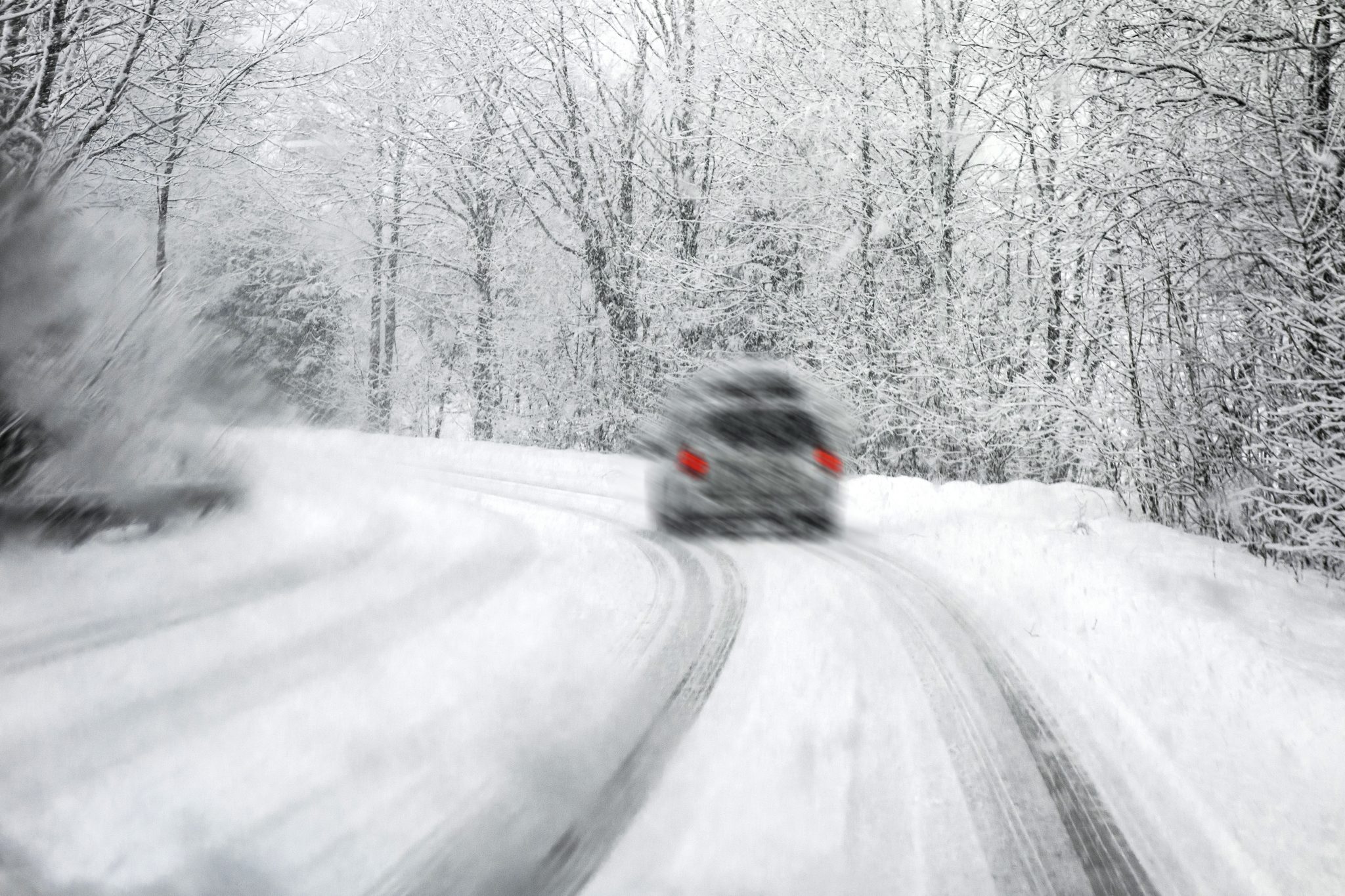Winter is here and with it comes snow, ice, poor visibility and dangerous driving conditions. As driving conditions deteriorate, the potential for an accident increases, and most of us will be in at least one car accident during our driving years. According to an article published by Forbes in 2011, “if you got your license at age 16, the odds are quite good that you’ll experience some kind of crash by the time you’re 34, at the latest. Over the course of a typical long, driving lifetime, you should have a total of three to four accidents.” These statistics include all kinds of accidents from parking lot scrapes to multi-car pileups. Hopefully, in your case, the accidents will be minor fender-benders. But no matter what kind of accident it is, it is important to know what to do when a collision happens.
Be Prepared In Case Of A Collision
It is important to be prepared in case you are involved in a car accident or are at the scene of an accident involving other vehicles. One way to be prepared is to carry an emergency first aid kit in your vehicle. Other items you should also have in your vehicle include:
- a towel and thermal blanket(s)
- bottled water and non-perishable food
- a flashlight with fresh batteries
- a fire extinguisher,
- road flares and warning triangles
- In the winter months, add some extra clothing, small candles and a lighter
The Financial Services Commission of Ontario has provided an accident worksheet to help you remember what information you should record at the scene of the collision. It is available on its website. Keep a printout of this worksheet in your vehicle.
When An Accident Happens
Even after a minor collision it can be hard to think clearly so, before the collision occurs, you need to know what to do and what questions to ask. Knowing what to do at the scene of a collision will help you stay calm and ensure that you get the information your lawyer may need.
Here are some “do’s” and “don’ts” to remember if you are involved in a collision:
Do:
- Stay calm. Others involved in the accident may be in shock or experiencing severe anxiety. You should try to be the calming influence at the scene.
- Check with each of your passengers to see if anyone is injured or requires medical attention.
- If you can, turn on your hazard lights.
- If it is safe to exit your vehicle and you are able to do so, check with the passengers of any other vehicle(s) involved to see if anyone is injured or requires medical attention.
- Put out flares and / or warning triangles.
- Call 911 to report the accident, the extent of the damage, and if anyone requires medical attention.
- Call the police if there are any injuries or if there is more than $2,000 in damage. If you suspect that another driver has broken the law in some way (such as driving while impaired) then you are required to call the police.
- If the vehicles can be driven safely, move them off the road to allow traffic to pass.
- Exchange information with the other driver(s) involved. You need to get:
-
- names,
- addresses,
- phone numbers,
- licence numbers,
- insurance company name and policy number.
- Get the names and contact information of any witnesses.
- Make a record of what anyone else says at the scene which may be relevant to determining how the collision occurred.
- Take photographs of the accident scene, including the people involved, the vehicles, the road conditions, and any other important details.
- If the police prepare a report, read it carefully and point out any errors in it before signing it.
- Get the officer’s business card with their name, badge number and contact information.
- If your car is towed from the scene, get the name, location and contact information of the towing company.
Don’t:
- Move anyone who is injured, as you may aggravate an injury. You can cover them with towels or blankets then wait for paramedics to arrive.
- Stand on the road to talk to the other driver(s) or look at the vehicle damage.
- Accept an offer from the other driver to pay for the damage to your vehicle.
- Argue with other drivers, passengers or witnesses. Keep conversations short and factual.
- Take responsibility for the collision.
- Sign statements in which you acknowledge being at fault for the accident;
- Promise to pay for damage to another vehicle.
Conclusion
Being involved in a car accident, even a minor one, can be stressful. Following an accident, you need to do your very best to remain calm so that you can help anyone who has been injured, call for help, and record important information.
This blog post was written by Edward (Ted) Masters, a member of the Personal Injury team. He can be reached at 613-566-2064 or at ted.masters@mannlawyers.com.








